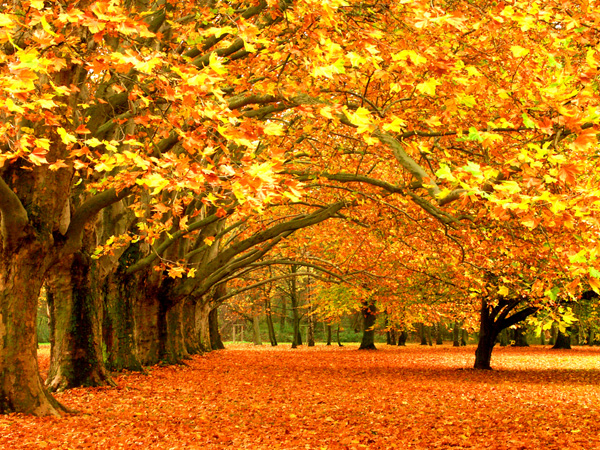October
Ted Kooser (from At Home, a chapbook)
First one leaf yellows, loosens, falls
and from the hole it fell from leaks
a drop of cold, and then another
and another and another till
the twigs are black with cold against
the blue, and with stiff fingers
those bare twigs stuff clouds with snow
for later or for sooner, who’s to know?
and that’s exactly how it happens,
fall to winter every year, with just
a few tomatoes hanging on
with runny noses, skins as tight
and shiny as the seats of the stools
along a diner counter where out front
a tractor idles with a wagon
full of yellow teeth it’s pulled
this afternoon, and poof, yes, poof,
your summer’s gone and over.
Although we Cape Cod residents are usually blessed with a fall “shoulder season” that feels like an extension of summer and a temporary reprieve from what we know is coming, there is no denying that we’ve entered upon the steady slide toward winter. Days are noticeably shorter, leaves are turning, screens come down in favor of storm windows, hurricanes continue to spawn and churn in the Atlantic, occasions for wearing shorts and sandals diminish steadily as flannels shirts come out of the closet where they’ve been patiently waiting.
This year all of the fall Jewish holy days were over by the end of September and the month of October arrives as something of a respite from the intensity of our worship and our celebrations. It’s a time to catch one’s breath and, among other things, to ponder what fate awaits our nation as the November 6 election draws ever closer.
I find Ted Kooser’s poem a helpful reminder that there are rhythms that pulse beneath our lives which transcend our daily concerns no matter how serious or trivial they may seem to us. The earth orbits the sun, days shorten, leaves turn and drop, our kvetching about summer’s heat and humidity is inexorably transformed into kvetching about snow and ice.
Poet Wendell Berry, in his poem The Peace of Wild Things, articulates beautifully the power of nature to act as a balm when life batters us:
When despair for the world grows in me
and I wake in the night at the least sound
in fear of what my life and my children's lives may be,
I go and lie down where the wood drake
rests in his beauty on the water, and the great heron feeds.
I come into the peace of wild things
who do not tax their lives with forethought
of grief. I come into the presence of still water.
And I feel above me the day-blind stars
waiting with their light. For a time
I rest in the grace of the world, and am free.
But Berry recognizes, in the final line of his poem, that such restorative diversions cannot last forever. Yes, we can and should seek out moments and places to “rest in the grace of the world”, especially in such a beautiful corner of the world as is Cape Cod, but Judaism always calls upon to return to full engagement with a world that will always be in need of our attention, our commitment and our actions.
Reb Elias



